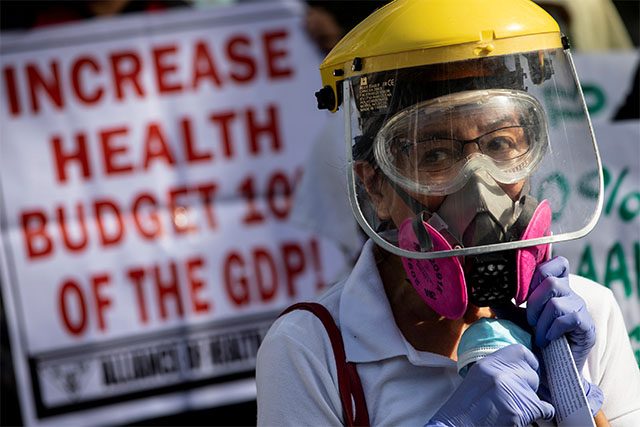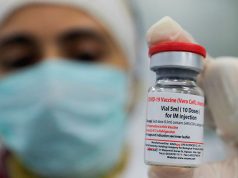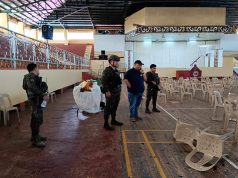
(Updated Feb. 24, 2021; 2:17 p.m.) The fears and anxieties of Filipino health workers in the country amid the sluggish rollout of vaccine in the country landed on the National Public Radio, a US-based non-profit media group.
In the NPR report last February 18 titled “The Philippines Has Vaccinated Zero Health-Care Workers So Far,” it emphasized the continuous surge of infections in the country has taken a toll on the health of medical frontliners.
As of this week, not a single health worker in the Philippines has been vaccinated against COVID-19.
That fear and anxiety has led some of those workers to take leave — or quit.https://t.co/GAlFI8R0V7
— NPR (@NPR) February 19, 2021
Charles Marquez, a community doctor in the barrios of Cagayan de Oro, was quoted as saying that doctors and nurses have to fight “fatigue, depression and stress” on a daily basis aside from saving patients infected by COVID-19.
Marquez and his colleagues also have the fear of contracting the disease and infecting their families.
“So, I have to be extra careful not to get infected with COVID,” the physician was quoted in the report.
Willy Pulia, a nursing assistant at a hospital in Manila, also the president of the Alliance of Philippine Workers, likewise emphasized that many of the 5,000 members of the organization have developed distrust in the national government’s COVID-19 vaccine campaign. They cited the delays, confusion and back-tracking on the vaccine brands that will be used.
“The health-care workers have lost confidence and trust with the government,” Pulia was quoted as saying.
He also criticized the officials behind the vaccine policy-making body as “not the right people to handle this pandemic.”
“He says scientists and medical experts ought to be coordinating and supervising Philippine operations to combat COVID-19, rather than military generals who are unfamiliar with epidemiology, immunology and virology and who currently call the shots,” wrote NPR international correspondent Julie McCarthy.
These concerns forced some health workers to quit their jobs and look for jobs with better pay despite the risks.
“Every week, every month there’s resignations in our hospitals,” Pulia was quoted as saying.
Filipinos who have read the report agreed with Pulia’s criticisms on government officials handling the vaccine policy.
“…scientists and medical experts ought to be coordinating and supervising Philippine operations to combat COVID-19, rather than military generals who are unfamiliar with epidemiology, immunology and virology and who currently call the shots.” https://t.co/QTWs02V03P
— Camille, M.A., LPC (@mclwilliams) February 19, 2021
Others cited individuals who might have been inoculated already.
“While military men had already been inoculated with unauthorized, smuggled vaccines as early as September last year,” one user said.
“I bet all the rich, powerful, and well connected have been vaccinated though,” another wrote.
Inquirer reporter Krixia Subingsubing, meanwhile, expressed her realization that the plight of health workers is an angle reporters missed.
“Oh man. We’ve been so laser-focused about the timeline of vaccine deployment here that most, if not all, media outlets missed that THIS is the correct story at the moment,” she said.
On the government’s side
Sen. Risa Hontiveros also echoed the view that the problems with the vaccine campaign, especially the lack of transparency on it, left even lawmakers like her.
“Government hasn’t helped our people with this opaqueness. Why is it now so difficult to get to plain and simple, basic data particularly about this vaccine? People are becoming anxious not knowing,” Hontiveros said.
Vaccine czar Carlito Galvez Jr., who is a retired military general, and other related government agencies, have been telling the public that the expected arrival of the first batch of vaccines in the country is slated this month.
So far, only vaccines from Pfizer-BioNTech, AstraZeneca and Sinovac have been approved for emergency use by the Food and Drug Administration.
The rollout, however, was delayed due to the government’s still missing requirement—the indemnification agreement with the vaccine manufacturers.








